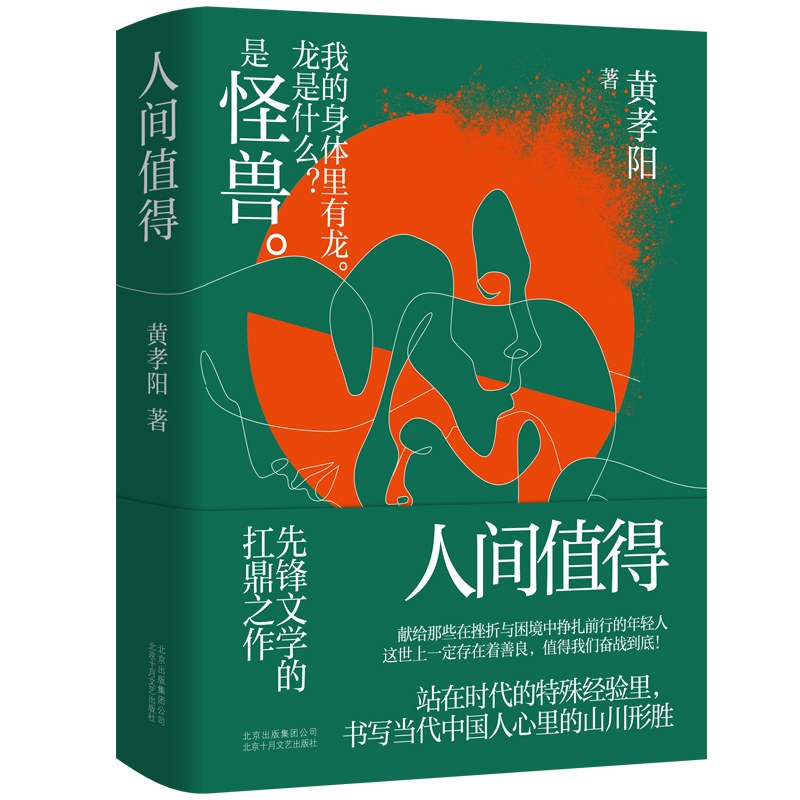
人间值得
[ 小说 ]
作者:黄孝阳
1
0
推荐者:百科书库 2023-04-20 08:26:00
本书简介
- 作者:黄孝阳
- 出版社:北京十月文艺出版社
- 出品方:十月文化
- 出版年:2019-10
- 页数:574
- 定价:68.00
- 装帧:精装
- ISBN:9787530219904
This novel's surface is patricide. It is anger. It's not the Oedipus complex at work, but rather: "father" is the source. In order to move forward, one needs the courage to let the previous wave crash onto the beach. Only then can there be a future surging with the vastness of the universe. Living in the shadow of "father" is like living in a black hole on the surface of the earth. This kind of "living," no matter how fancy their watches, how large their homes, or how seemingly overflowing their inner happiness, I see no difference between them and zombies. There needs to be negation. The most basic negation in philosophy is patricide.
But this novel is not just about patricide. There are too many books like that, and the library is already overflowing. This includes anti-utopian novels like 1984, which are just repetitive expressions of the prototype and related routines of patricide. Patricide is nothing special; a middle finger of anger or a V-shaped hand gesture will do. After patricide, the milk tiger who makes all beasts tremble turns into an annoying big tiger with the word "king" on its forehead. I don't like this cliché of a hero transforming into a dragon.
More importantly, I think the so-called 5,000-year history of civilization has been under the gaze of father. Like a pendulum, it has already reached its apex. I think it's time for the pendulum to swing to the other side. With mental power replacing physical power, women will rise, dominate, and build a new social structure. They will become the foundation of the new structure, the maker of new rules, the elucidator of new laws, and the defender of a new order. The female features defined as the "second sex" will be abandoned. The definition of what it means to be a woman will be rewritten. They will become a new species, just like the still-cocooning Ju Xuan in the novel. She is the hope.
I am willing to bless them. That's why the male protagonist chose willingly.
Ninety-nine percent of this novel's content is male-oriented, like an expanding soap bubble or the expanding universe that makes people despair. Then there's that 1% of content, which is a hymn to women, like a needle piercing through it. I like that feeling.
This novel is also a story of a villain's evolution (which includes abandoning evil and returning to goodness) and a history of self-awareness anxiety. He is a bad person, a person who climbs up from the bottom by any means necessary, a person who does immoral things without any sense of propriety, a person who deletes morality from the dictionary of life, a person who is ruthless and disregardful of others' feelings... There are too many evil deeds to list. However, his life's willpower and energy are large enough for him to howl like a wolf under the moonlight. He eventually realizes that what he truly desires is not a career (money) or love (beauty), but this sound of "howling"!
I've read a plethora of books, and I have lived for forty-five years, becoming increasingly aware of a problem: humanity's light may lie within that howl, independent of good or evil.
Of course, hateful people also have their pitiable aspects. This pity is what they don't want others to see, cannot be seen. As for this "anxiety of self-awareness," it's a common problem in our modern, flowing society. The forty years of reform and opening up in China have seen too many cliffs and waterfalls, and too many transformations. The old world continuously disappears. In this new reality constructed by instrumental rationality, people must face the ancient question of "who am I, where do I come from, and where am I going" and find a solution.
This novel is also a story about a man and seven women (it does sound a bit tacky to put it that way). Seven women, seven metaphorical layers, seven doors, and seven ways to illuminate. Together, they constitute the "one and only truth," create numerous ups and downs within the limited and fleeting length of life, and form the "seven stages of life." It's a beginning, a distortion and growth, singing and fighting at the climax, and unavoidable withering. I like the number seven. A week consists of seven days, and it's a cycle of time that repeats itself. "Yin and yang plus five elements" is Chinese people's understanding of the universe. Of course, there are also seven deadly sins: greed, pride, lust, envy, laziness, suspicion, and wrath. The seven deadly sins are not man's fault; each person has their own true essence lurking within. The corresponding virtues are: desire, confidence, sexual desire, initiative, tranquility, curiosity, and strength.
作者简介
黄孝阳男,74年生,江西抚州人,写作者,现居南京。我是我于午夜时刻,在梦境深处建构的一个人格,一次奇遇,一堆碎片;是一个生命及已被其所遗忘的所有细枝末节,是这些细枝末节在内心所激起的复杂神秘的回响,是这个回响从那个生命体大脑内的逃脱;是意义与形式,怪圈与缠绕的结构,晦涩不明的图案与夺人眼目的装饰花纹;是巴赫某支未完成的对位乐曲,是哥德尔的自指命题与悖论,是埃舍尔笔下那两只绘出彼此的手;是所有事物在无尽时空里简明清晰或含糊紊乱的所有联系……我是我的敌人,是概率的产物,是一切人类经验的总和。(见《众生:迷宫》)黄孝阳作品长篇小说《人间值得》《众生:迷宫》《众生:设计师》《旅人书》《乱世》《人间世》《遗失在光阴之外》《时代三部曲》《阿槑冒险记》《网人》《少年》小说集《我永远忘不掉那个夜晚》《是谁杀死了我》《说说爱情...
发表评价
相关推荐
无名者之国
清华大学学生科幻协会成立于1996年,经历一次断代之后,至今已有24年历史。本书从多个角度介绍清华课外文化、社团文化以及清华对科幻的执着和对科学兴趣的热爱,以真实的清华校园文化影响当代青少年。《寻找旦 屠思凡/杨枫/修新羽/张子淳/司马/薛芃/钟天意/楚子阳 2023-04-20 03:09:53© 2023-2025 百科书库. All Rights Reserved.


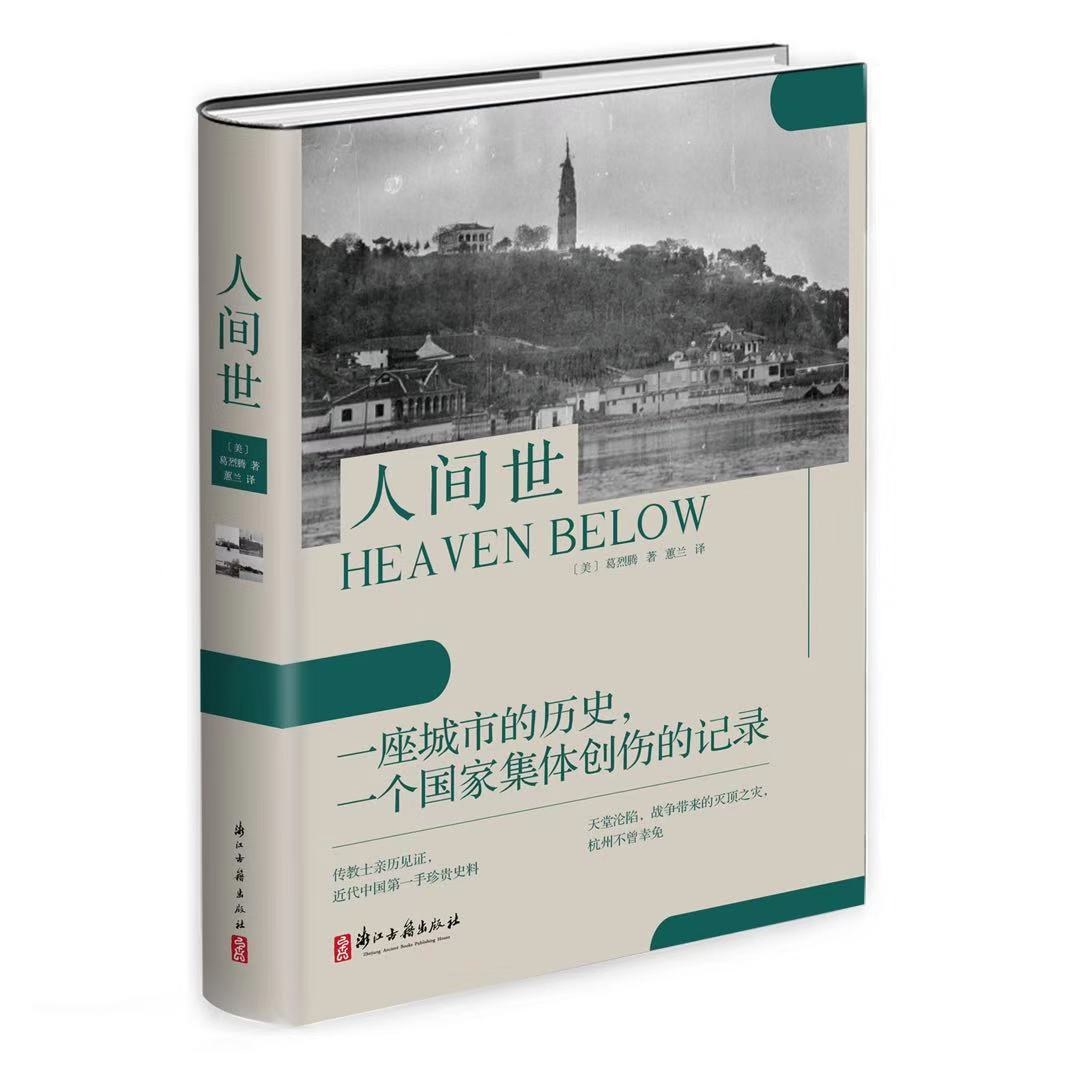
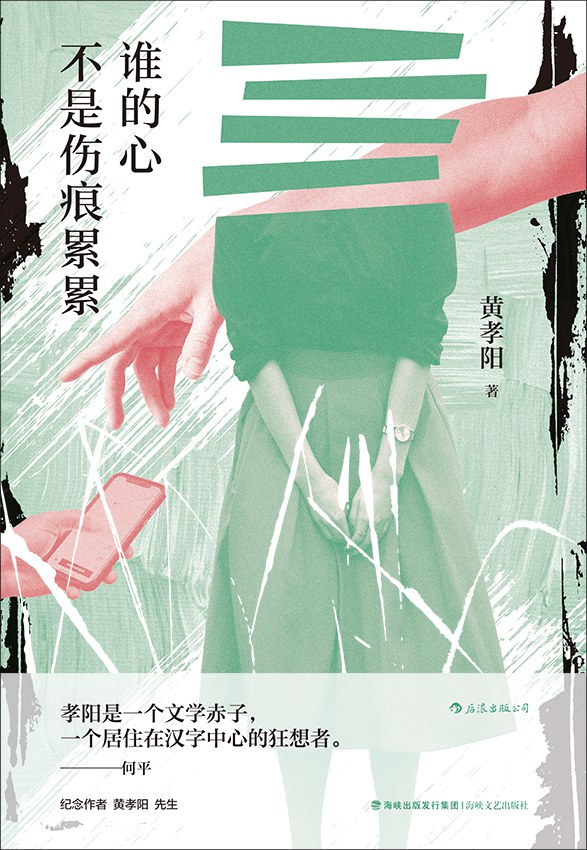
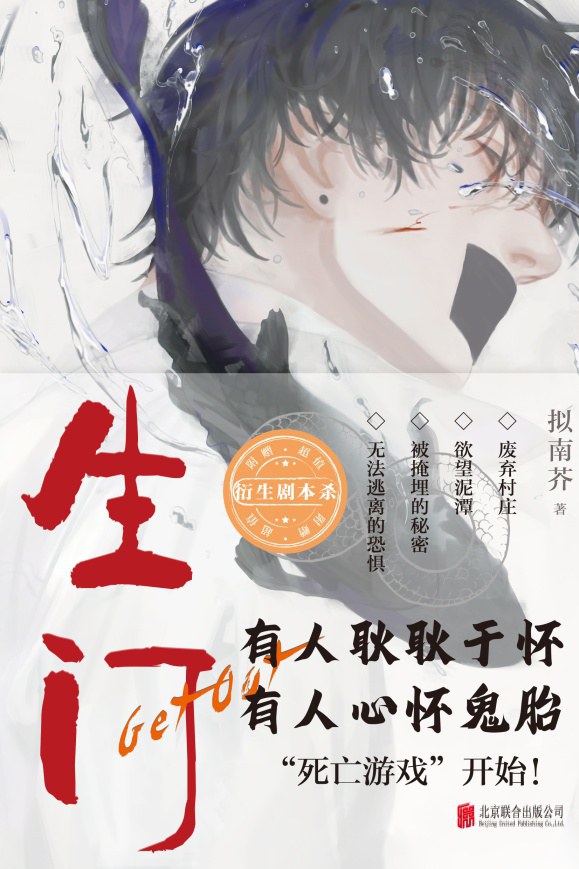
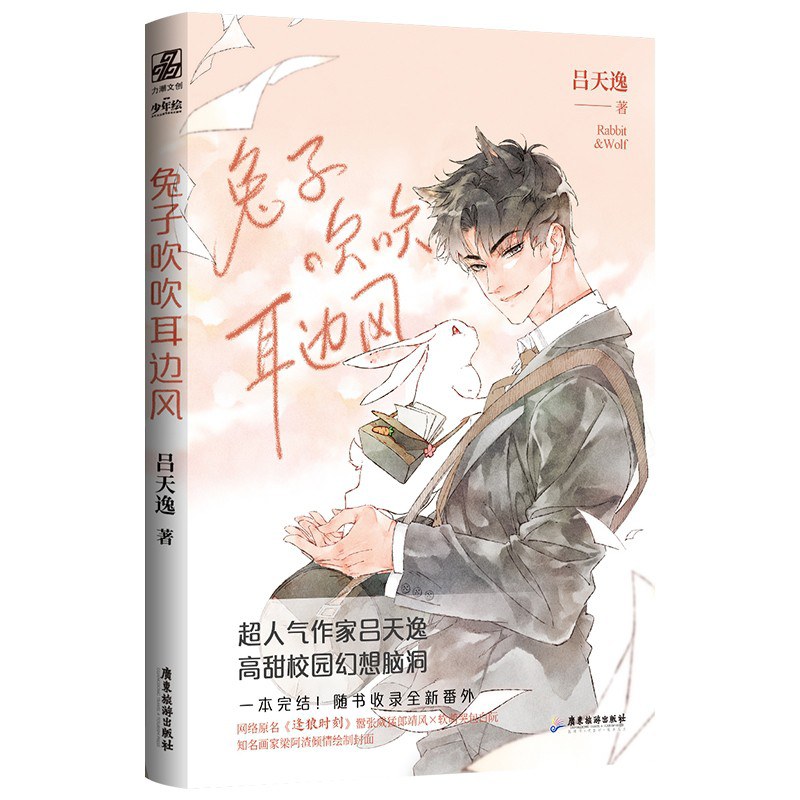
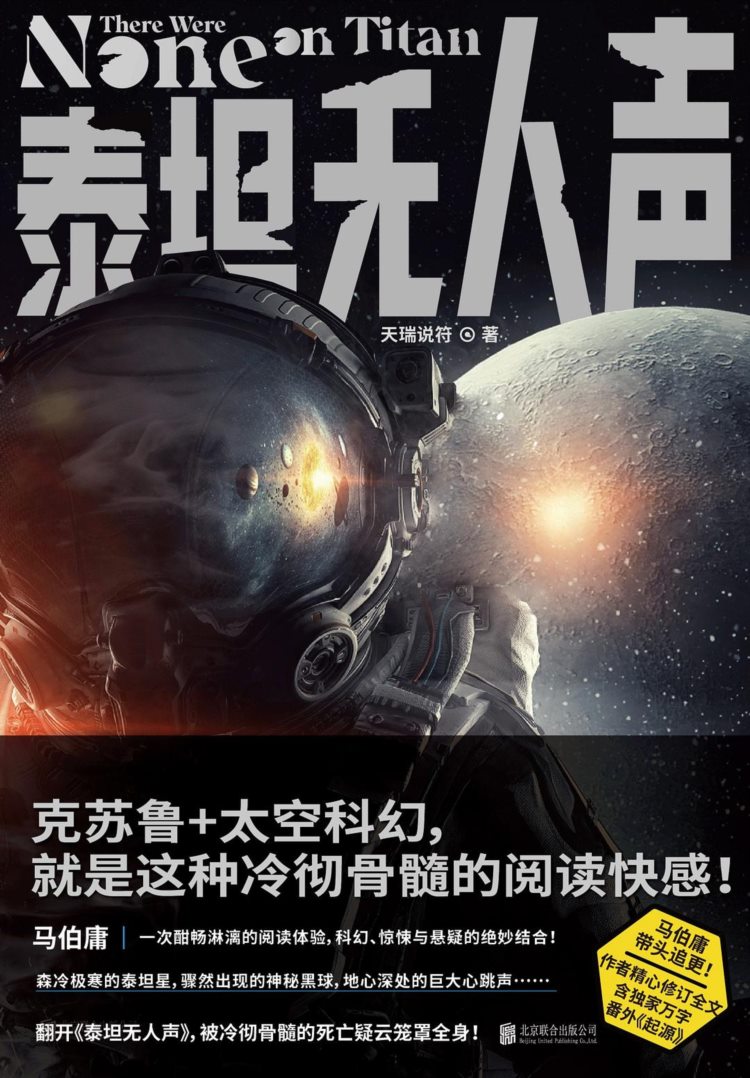
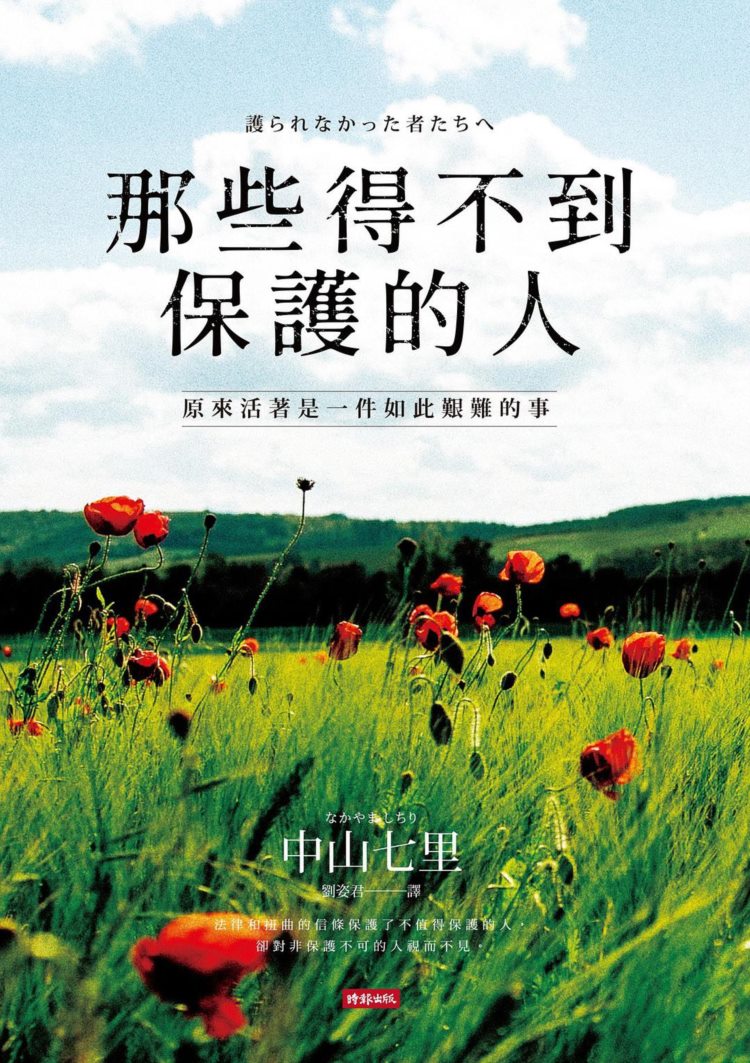
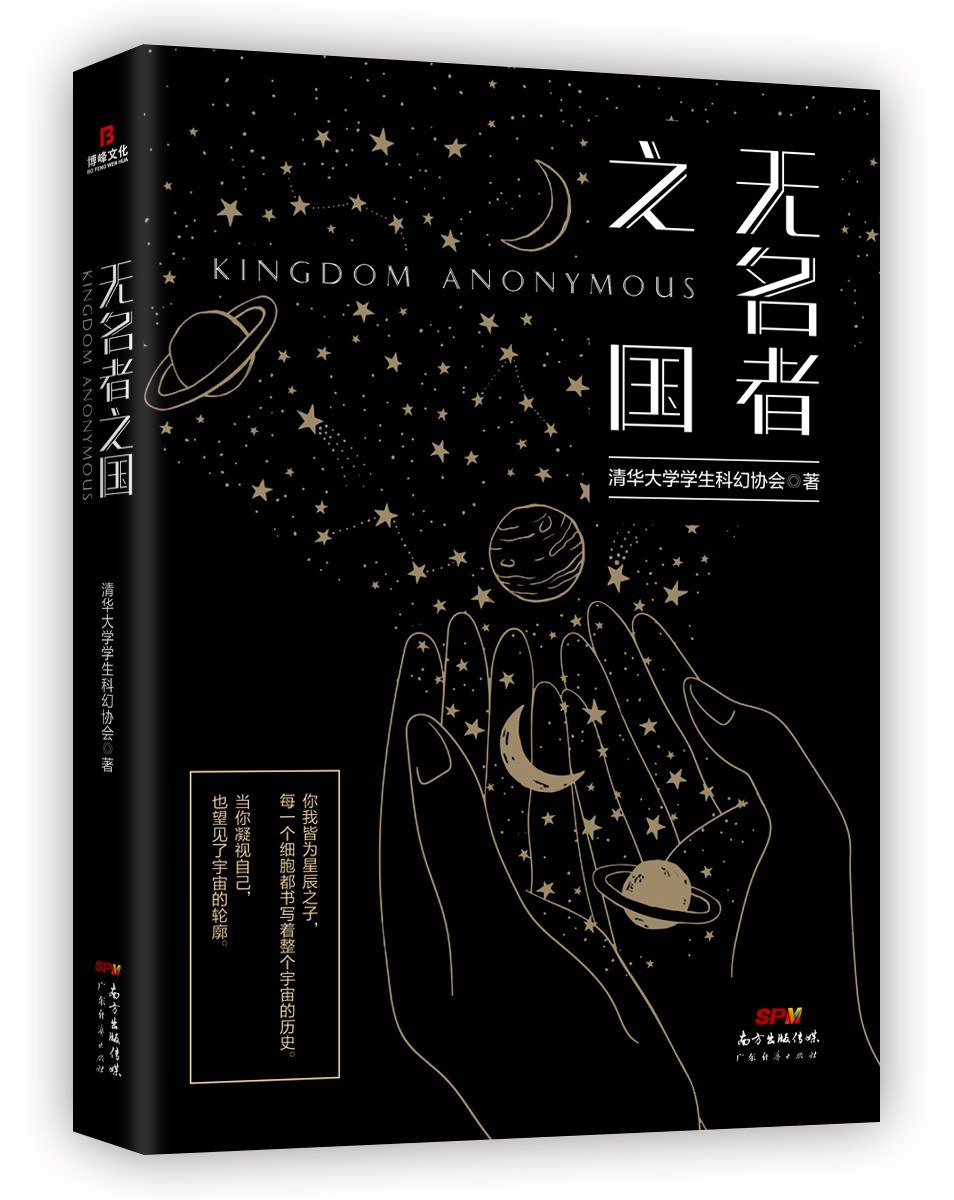
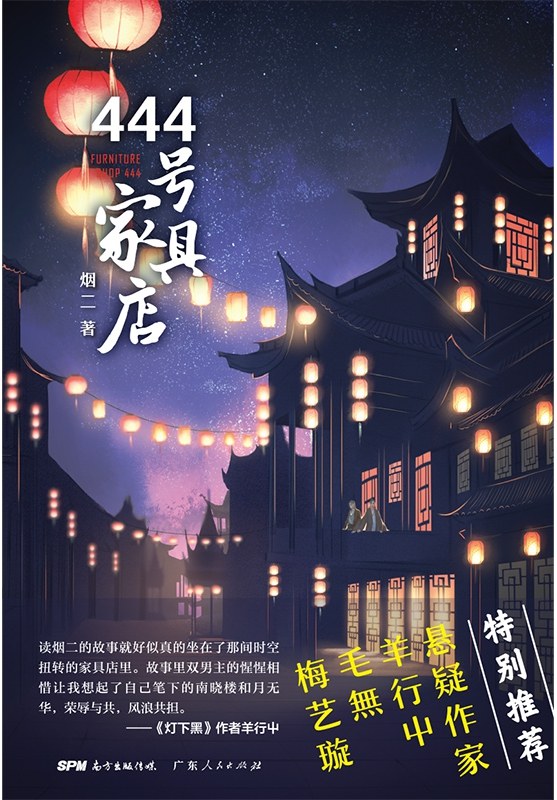
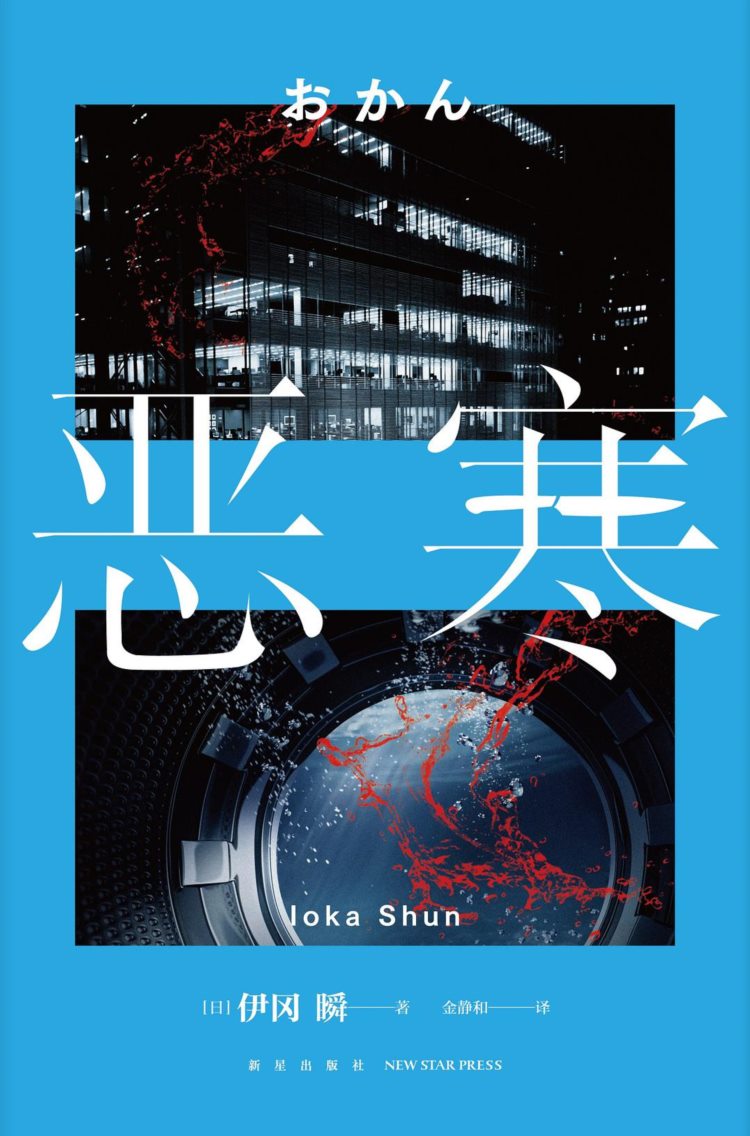
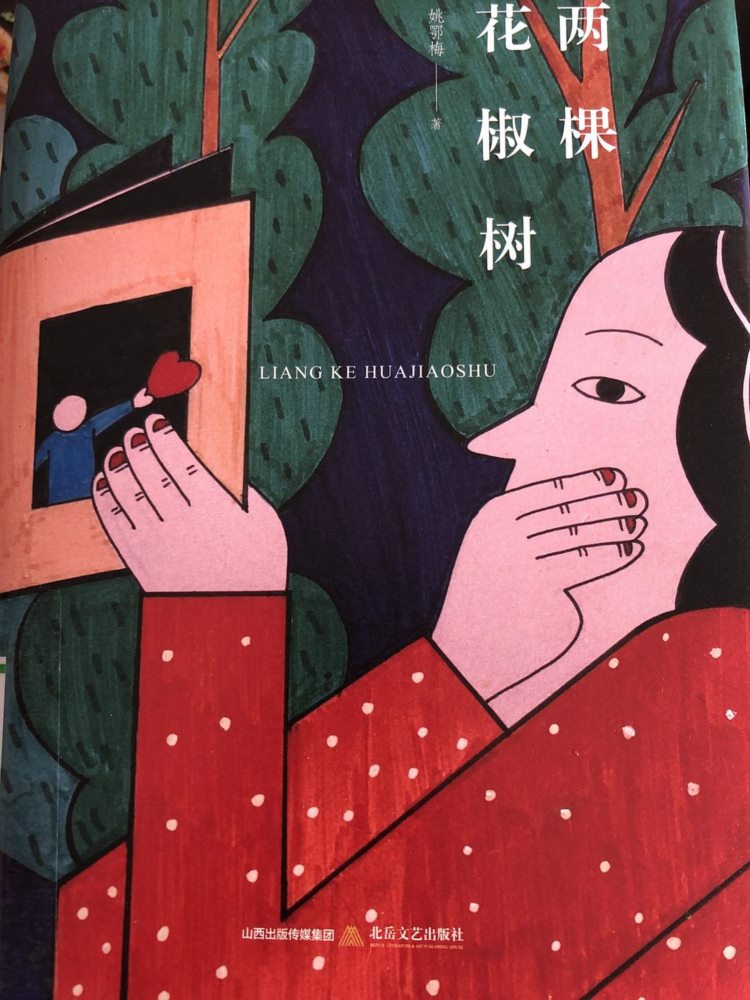
读者评价
...
但面临的是,思考停滞,身体越日渐虚弱,我抱着喘口气,浅尝一口鸡汤的心态翻开这本书,但作者一副佛系到听天由命的心态简直让我犯恶心。最近不知道第几次刷这本书,选了几个能安抚自己现阶段一直特别down的情绪的章节看,老实说,确实有被鸡汤灌饱后睡了几个晚上的安神觉。...
工作不下去的时候,心情沮丧地时候,对另一半产生怀疑的时候,跟家人隔阂的时候,都可以来看看这本书。有时候困住自己的不是别人,其实就是自己“情”这个东西看起来是一件好事,但从另一方面来说,它会让你对别人产生期待、执着,让你在关系中变得“自私。...
这本书阅读完后,我发现恒子老师的一生,人生哲学竟然和我“躺平”哲学惊人的相似,老师一生出生普通,工作普通,婚姻普通,孩子普通,但是她的一生确实幸福的,正是因为没有过大的心理落差冲击,如履薄冰,稳稳幸福的走完人生。...
但是中村老奶奶却提出了另外的看法:工作尽力而为就好了,要接受不完美的结果。在中村老奶奶看来,工作就像做饭、扫地一样,是自然而然的习惯。在90岁的老奶奶角度看来,这样的生活应该叫“豁达”,开心享受每一天。...